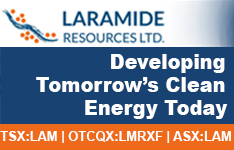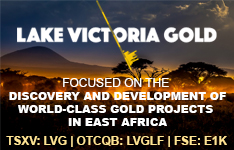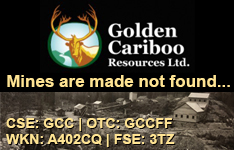Mostly Goldstein mainly follows small-cap companies to give her clients opportunities to hit doubles and triples. But she is also following Celgene Corp. (CELG:NASDAQ), which weighs in at just over $29 billion ($29B) in market value. Celgene has a major presence in hematology/oncology with its multiple myeloma franchise, which includes its highly profitable flagship Revlimid (lenalidomide), as well as thalomid. The company also has a major presence in myelodysplastic syndromes (MDS) with Vidaza (azacitidine).
Of course, it's nearly impossible to create double-digit sales growth in companies of this size. Bottom-line growth is also incremental, but Celgene's importance includes its status as a serial acquirer, with trophies that include Penn T Ltd., with its thalomid manufacturing capabilities, Pharmion, with which Celgene added Vidaza, Gloucester Pharmaceuticals, with Istodax (romidepsin) for cutaneous T-cell lymphoma (CTCL) and Abraxis, which brought the company an important chemotherapeutic agent, Abraxane (paclitaxel).
"One of the reasons I like this company," she says, "Is that it does have a lot of financial flexibility." She points specifically to Celgene's withdrawal of its application for Revlimid as a first-line maintenance therapy for multiple myeloma in the European Union. "What you saw is that the company can withstand some body blows on the top line," she says. But, "That's not to say if everything went wrong at the same time that it wouldn't be a challenge." Goldstein is quite well aware that biotech investors aren't out looking for conservative selling and general administrative expense lines, but she says, "It is a piece of the fabric of this company, which I don't think that you can dismiss."
One of her favorite stories is NewLink Genetics Corp. (NLNK:NASDAQ) that she refers to as "a small, unpretentious company" with an bona fide platform technology addressing a major unmet need in cancer. The company's HyperAcute program to treat pancreatic cancer is accomplished with an allogeneic (cells from same species but not from one's self) vaccine. The fact that the vaccine is not manufactured for each individual patient means that the business model is scalable. Goldstein likes what she sees because the company has produced good data and has the potential to change the way cancers are treated. She says, "It (NewLink) has executed on its milestones, which are to advance its products in clinical trials and to begin new clinical trials."
She refers to Celldex Therapeutics Inc. (NASDAQ: CLDX) as "compelling" and as a company with a "huge technology treasure trove." Celldex's rindopepimut (CDX-110) targets a tumor-specific oncogene EGFRvIII, a variant type of glioblastoma multiforme (GBM). There is a phase 3 study in progress and data are on the way, but the process is not quick due to the extra time needed for investigators to screen out patients with the GBM variant. "Patients are first treated with traditional chemotherapy and radiation, and then you start to give them vaccine. So it's pretty compelling," she says. "But what I like about it is that there is a pipeline beyond that, with which it has the opportunity to advance and move forward."
Yes, indeed. I noted the company's next-in-line product candidate, CDX-011, which is now nearing the end of a phase 2 trial in triple negative (estrogen receptor negative, progesterone receptor negative, and HER2/neu negative) breast cancer. Patients in the experimental arm have shown a 36% overall response versus 0% for the control arm of the study. "I think it merits attention," she says, and then cautions, "You do have to be careful with small numbers."
Goldstein says she likes companies that have binary endpoints defined in their clinical trials. One of these is Oncothyreon Inc. (ONTY:NASDAQ), with its therapeutic vaccine Stimuvax, which is in phase 3 studies for non-small cell lung cancer. "The vast majority of the company's valuation is tied up in the outcome of this trial," she says, and with a $241M market cap, success could be very good to investors.
A recent addition to her coverage list is ImmunoGen, Inc. (IMGN:NASDAQ) with its antibody-drug conjugate TDM-1 (trastuzumab emtansine), which contains ImmunoGen's cancer-killing DM1 linked to Genentech's (a unit of Roche Holding AG [RHHBY:OTCPK]) monoclonal antibody Herceptin (trastuzumab), which targets the HER2/neu variant. TDM-1 is now in global development by Roche in collaboration with ImmunoGen and Genentech. Goldstein has a Hold rating on ImmunoGen because the royalty rate is very low. "But it is a company that bears watching," she says.
DISCLOSURE:
1) George S. Mack personally and/or his family own shares of the following companies mentioned in this interview: None.














































